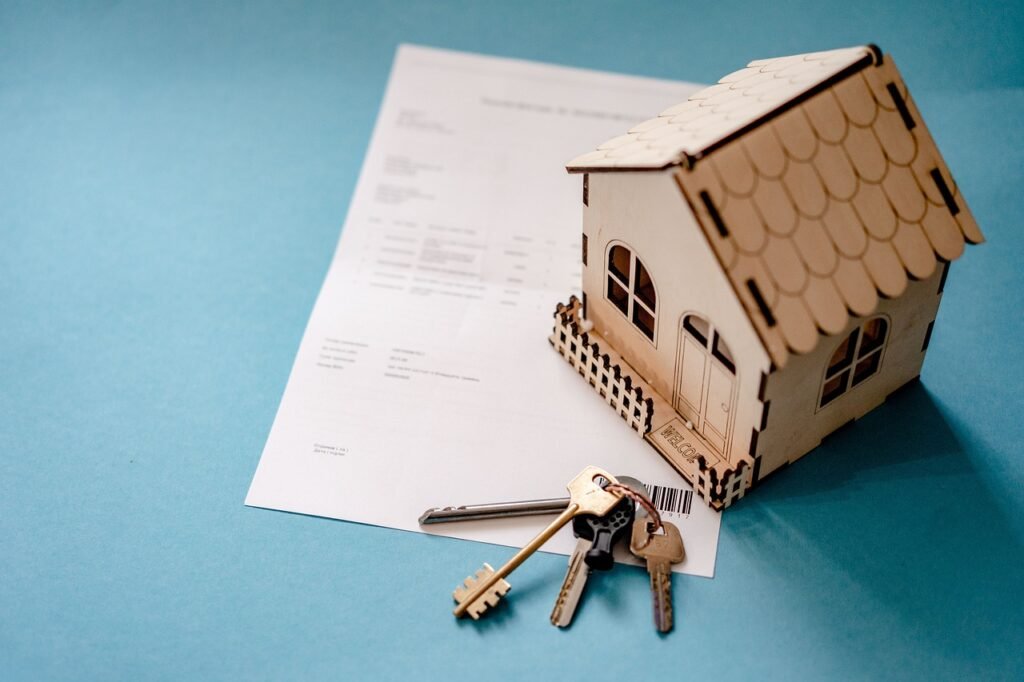Housing Stabilization Services
HSS
Transition to Stable Housing
Housing Stabilization Service is a Minnesota Medical Assistance benefit to help people with disabilities, including mental illness and substance use disorder, and seniors find and keep housing.

Stable housing facilitates access to employment opportunities. Individuals with a stable address are more likely to secure and maintain employment, leading to financial stability and independence. Stable housing allows individuals to become more integrated into their communities. This integration fosters a sense of belonging, social connections, and community engagement.
Our goal as a provider is to assist you,
Identify your priorities such as location, proximity to work or school, public transportation, amenities, and safety.
Determine your budget, including rent, utilities, and other associated costs. Consider your income, savings, and any potential housing assistance
Explore different neighborhoods to find the one that best fits your lifestyle and preferences. Consider factors like safety, access to amenities, schools, and community atmosphere.
Attend open houses or schedule property visits to get a firsthand look at potential homes
- Review lease agreements carefully, understanding terms such as rent amount, lease duration, and any additional fees.
- Clarify responsibilities for maintenance and repairs.
Sustainable Housing

Stable housing often comes with increased access to support services, including healthcare, counseling, and community resources. This helps individuals address underlying issues contributing to housing instability. After all, Stable housing contributes to better physical and mental health.
Having a stable home fosters a sense of independence and self-sufficiency. Individuals can focus on personal and professional growth without the constant uncertainty associated with housing instability.
Importance of Sustainable Housing
Maintaining stable housing is a key factor in preventing homelessness. By addressing the root causes of housing instability, individuals and families can avoid the cycle of homelessness and its associated challenges.
Overall, maintaining stable housing enhances societal well-being by contributing to the creation of strong, resilient communities. When individuals and families have stable homes, the entire community benefits.
Stable housing contributes to better physical and mental health. A consistent and secure living environment reduces stress and provides a foundation for overall well-being
Housing is a fundamental human need, providing shelter and protection. Stable housing ensures individuals have a safe and secure place to live, meeting a foundational requirement for survival.
- For families with children, stable housing is crucial for educational stability. It allows children to attend the same schools consistently, fostering academic success and social connections
- Stable housing promotes community integration. Residents with stable homes are more likely to engage in community activities, build social connections, and contribute positively to the neighborhood
- Stable housing reduces the strain on emergency services such as shelters and crisis intervention. This, in turn, lowers public costs associated with managing homelessness and related emergencies.
- Children raised in stable housing environments tend to experience better emotional and cognitive development. Stability at home positively influences a child's sense of security and self-esteem.
- Individuals with stable housing often have increased access to support services, including healthcare, counseling, and community resources. This contributes to addressing underlying issues and improving overall quality of life.
For These Services
- Personal Care Assistance
- Housing Stabilization Services
- Special Transportation Services
Contact Us
- info@eliciahomecareservices.com
- HSS/PCA 612-208-3121
- Transportation 763-200-4075

